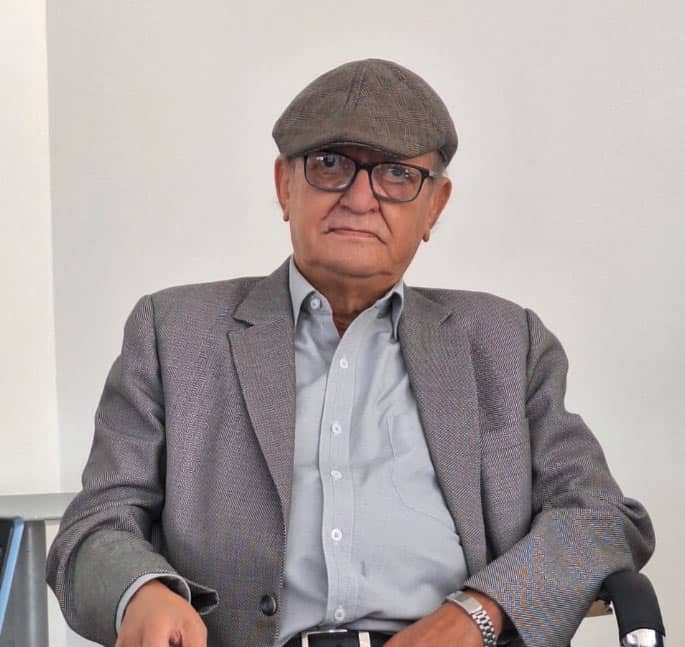Civil society organizations are recognized as key players in national life, committed to creating environments conducive to social development in various spheres and areas.
These organisations have taken on the responsibility of addressing specific problems in social groups or communities, defending and promoting human rights in all their dimensions. They use their knowledge and capabilities to transform them into good practices, raising awareness about particular problems.
In this context, public advocacy plays a crucial role. Several civil society organisations, supported by legislation, direct their mission towards the public interest, fostering debate with political and social actors on public policies of common benefit.
The existence of a dynamic civil society capable of influencing the public sphere by forming groups for collective and participatory action is essential in any democratic government. They not only diagnose problems, but also demand results from governments.
The purpose of this platform is to make visible the complexity of the issues that affect youth, recognizing their diversity and deepening their participation, human rights and ability to influence public policies for the benefit of the country.
Despite advances in human rights and progressive legislation in Mexico City, there are still areas in which fair and equal treatment for young people must be guaranteed. This requires advanced legal instruments that define priorities and solutions.
Raising awareness and sensitivity is the first step. From this space, we invite you to reflect on the importance of young people as agents of change, united in movements, collectives, networks and civil society organizations, with the necessary synergy to create their own agenda.
This agenda seeks to have young people demonstrate their capacity to influence and participate in the creation of solutions, moving from proposals to initiatives and finally to a government policy that recognises their social and collaborative role.
It is therefore crucial to establish spaces for democratic dialogue, allowing for a comprehensive government policy that covers all stages of young people's lives, with public policies focused on their needs and perspectives. This will turn them into active actors with the potential to influence the government's actions towards their group and their community.






